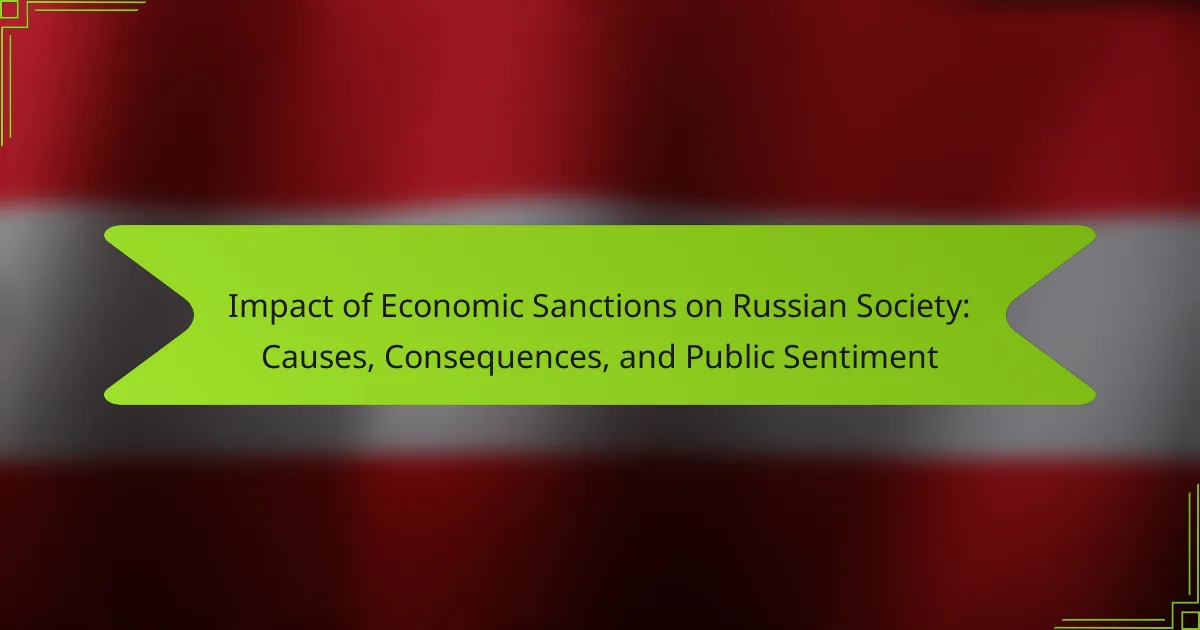Economic sanctions are restrictions imposed by countries or international organizations to influence a target nation’s behavior, often aimed at compelling compliance with international laws or norms. This article examines the impact of economic sanctions on Russian society, highlighting the significant consequences such as economic contraction, rising unemployment, inflation, and shortages of essential goods. It also […]
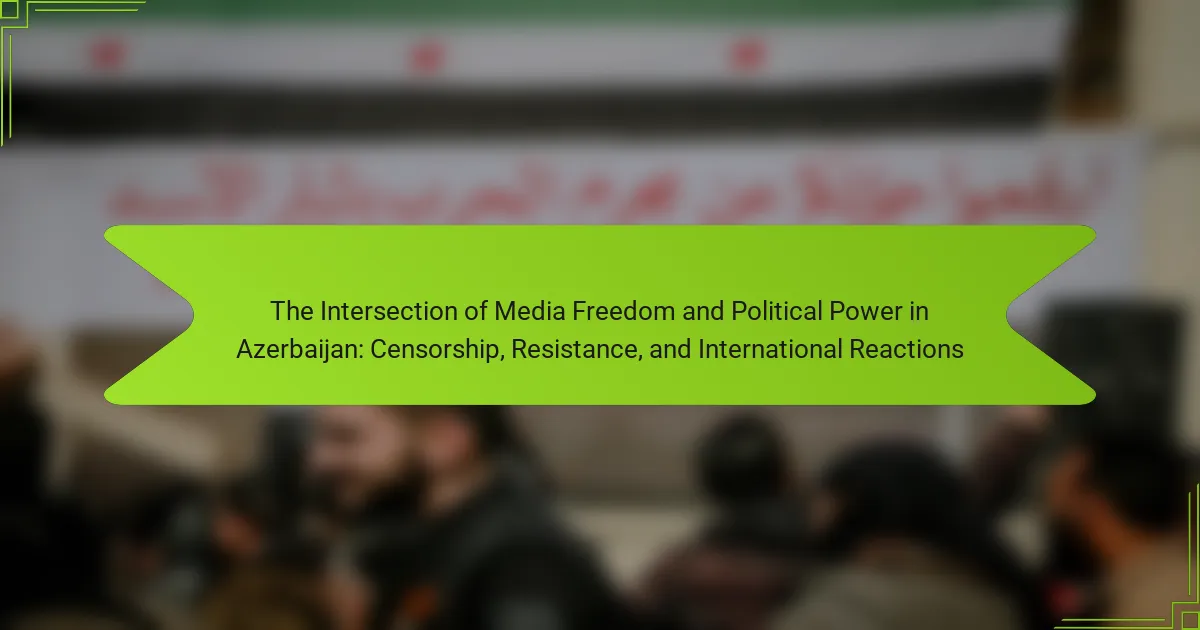
The Intersection of Media Freedom and Political Power in Azerbaijan: Censorship, Resistance, and International Reactions
The article examines the relationship between media freedom and political power in Azerbaijan, highlighting the government’s significant control over media outlets. It details the restrictive environment characterized by censorship, harassment, and imprisonment of journalists, which undermines independent media and free expression. The piece also discusses forms of resistance against these oppressive measures, including independent journalism, […]
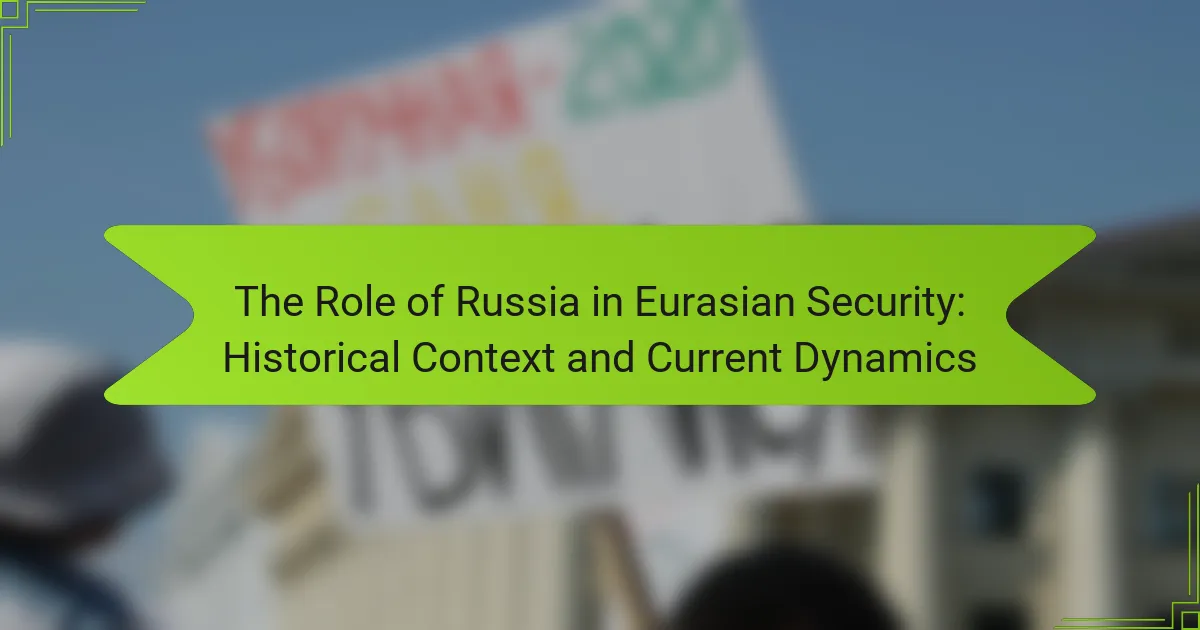
The Role of Russia in Eurasian Security: Historical Context and Current Dynamics
Russia is a significant entity in Eurasian security, primarily through its military alliances and geopolitical influence. As a key member of the Collective Security Treaty Organization (CSTO), Russia promotes regional defense cooperation and maintains stability in Central Asia through its military presence. The country’s strategic partnerships with nations like China and Iran, along with its […]
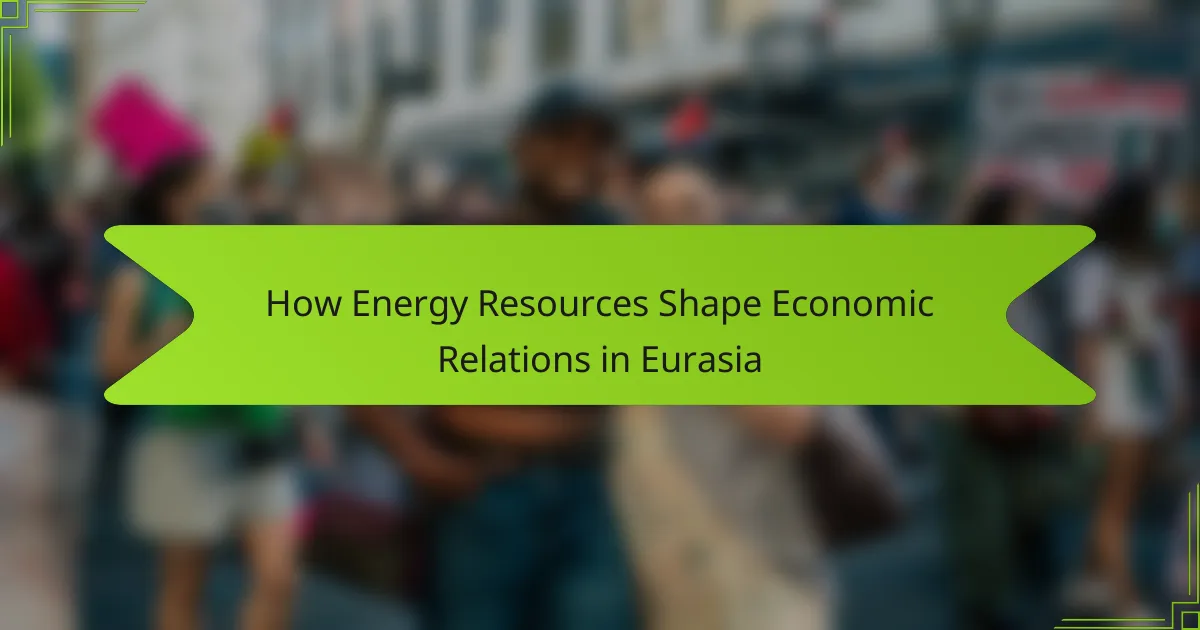
How Energy Resources Shape Economic Relations in Eurasia
Energy resources, including fossil fuels, renewable energy sources, and nuclear energy, are essential natural substances used for energy production and significantly influence economic relations in Eurasia. Countries such as Russia, China, and those in Central Asia utilize their energy resources to enhance trade, investment, and geopolitical standing. The article examines how these resources shape regional […]

The Role of Turkey in Eurasian Energy Security
Turkey serves as a pivotal transit country in Eurasian energy security, connecting energy-rich regions in the Caspian Sea and the Middle East to European markets. Key pipeline projects, such as the Trans-Anatolian Natural Gas Pipeline (TANAP) and the Southern Gas Corridor, play a significant role in enhancing energy diversification for Europe by decreasing dependence on […]
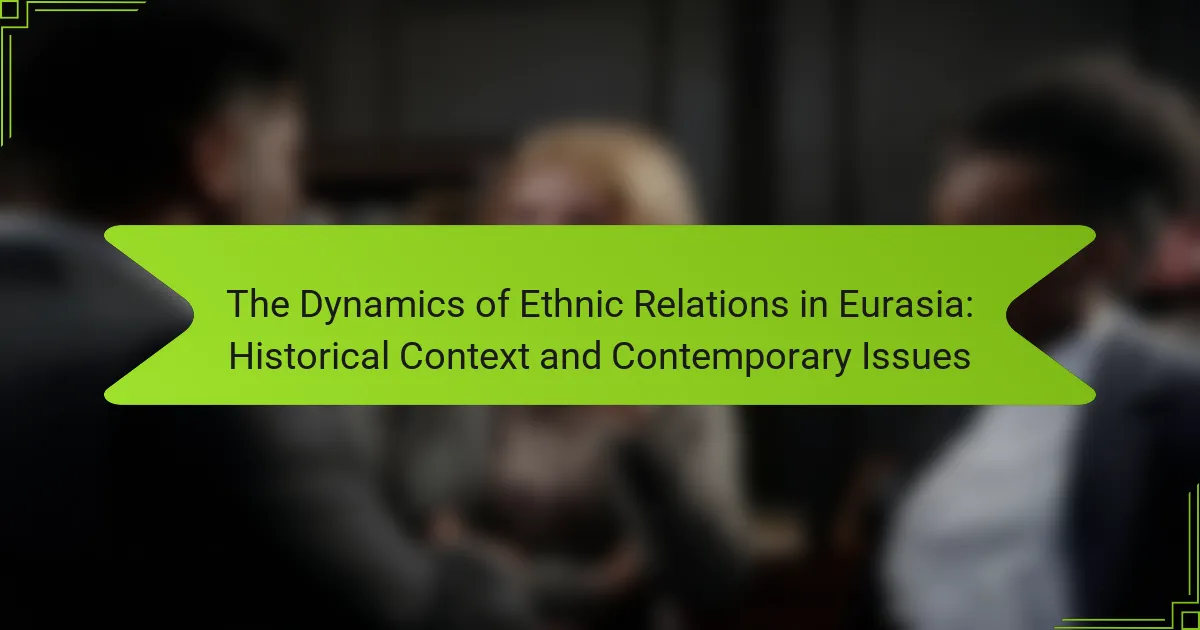
The Dynamics of Ethnic Relations in Eurasia: Historical Context and Contemporary Issues
The article examines the dynamics of ethnic relations in Eurasia, focusing on historical legacies, economic disparities, and political governance as key influencing factors. It highlights how the dissolution of the Soviet Union has led to ethnic tensions, exacerbated by competition for limited resources and varying political systems. Contemporary issues such as ethnic conflict, nationalism, and […]
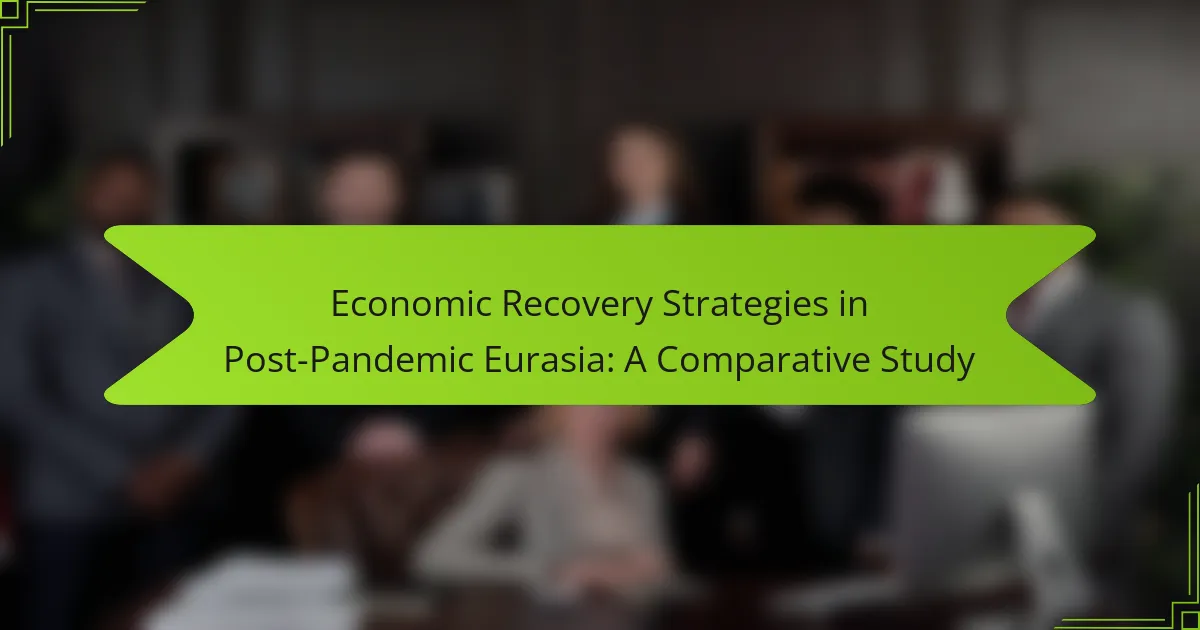
Economic Recovery Strategies in Post-Pandemic Eurasia: A Comparative Study
Economic recovery strategies in post-pandemic Eurasia focus on fiscal stimulus, infrastructure investment, and support for small and medium enterprises (SMEs). Governments are implementing fiscal stimulus packages to enhance economic activity, with significant budgets allocated for public health and recovery efforts. Infrastructure projects are prioritized to create jobs and stimulate growth, while financial aid for SMEs […]
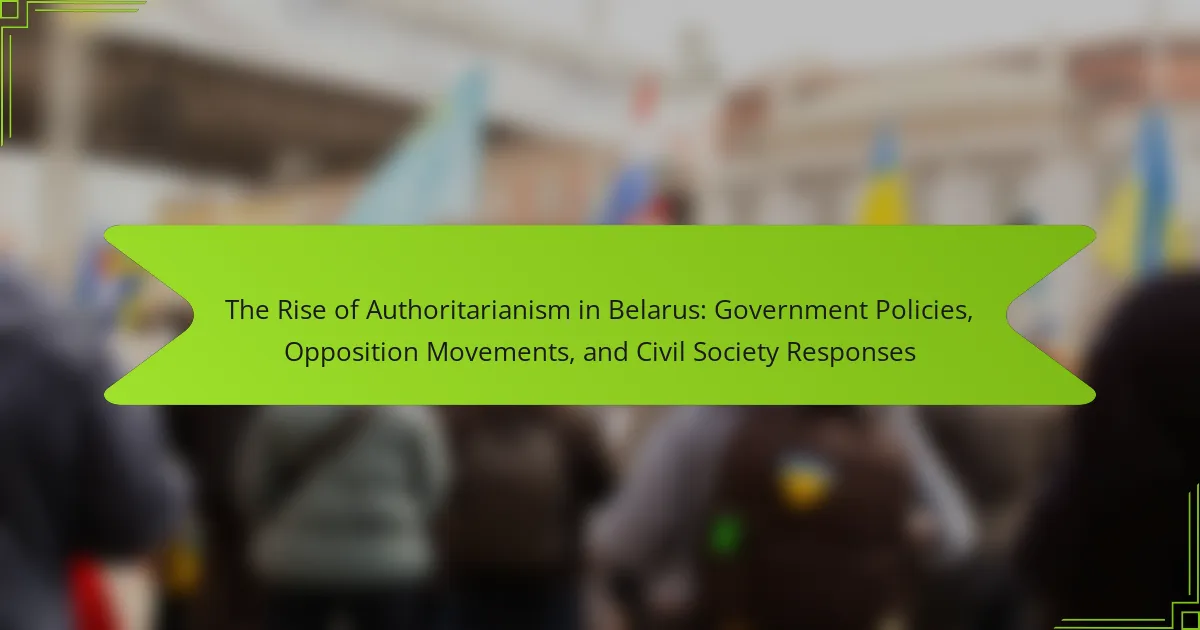
The Rise of Authoritarianism in Belarus: Government Policies, Opposition Movements, and Civil Society Responses
The article examines the rise of authoritarianism in Belarus, primarily driven by government repression, lack of political pluralism, and economic control under President Alexander Lukashenko. It discusses the systematic suppression of dissent, including the imprisonment of political opponents and restrictions on media freedoms, particularly following the fraudulent 2020 presidential election that sparked widespread protests. Key […]
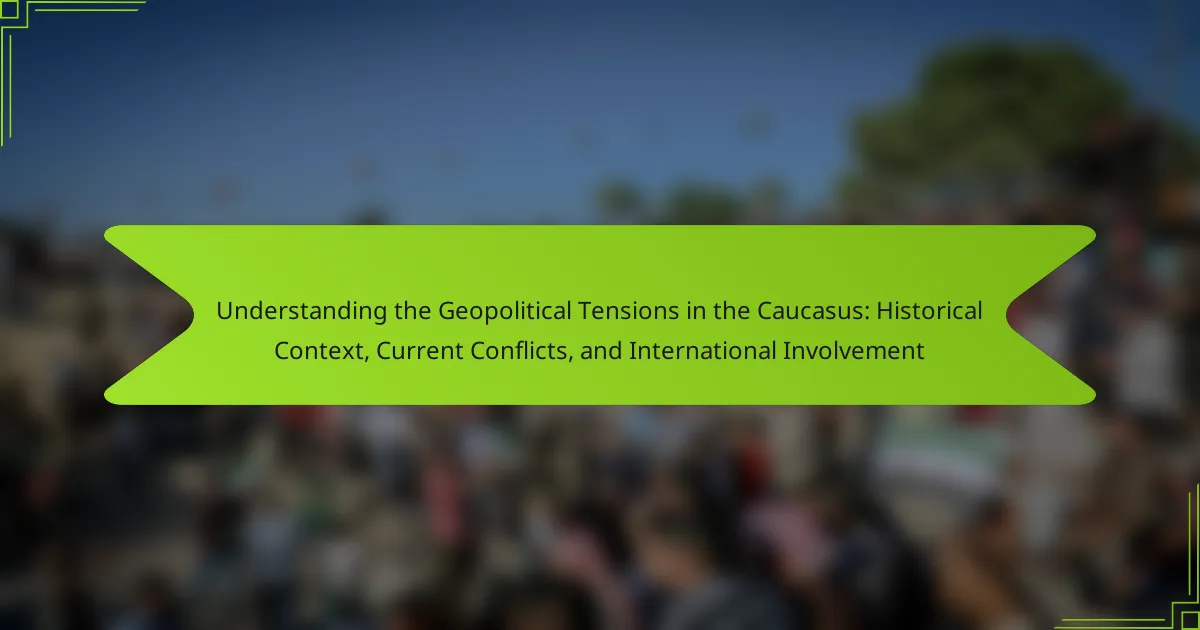
Understanding the Geopolitical Tensions in the Caucasus: Historical Context, Current Conflicts, and International Involvement
The Caucasus region, comprising Armenia, Azerbaijan, and Georgia, is characterized by complex geopolitical tensions stemming from territorial disputes, ethnic conflicts, and historical grievances. A prominent issue is the Nagorno-Karabakh conflict, a long-standing dispute between Armenia and Azerbaijan with roots in the Soviet era, leading to multiple wars and ongoing contestation over sovereignty. The involvement of […]
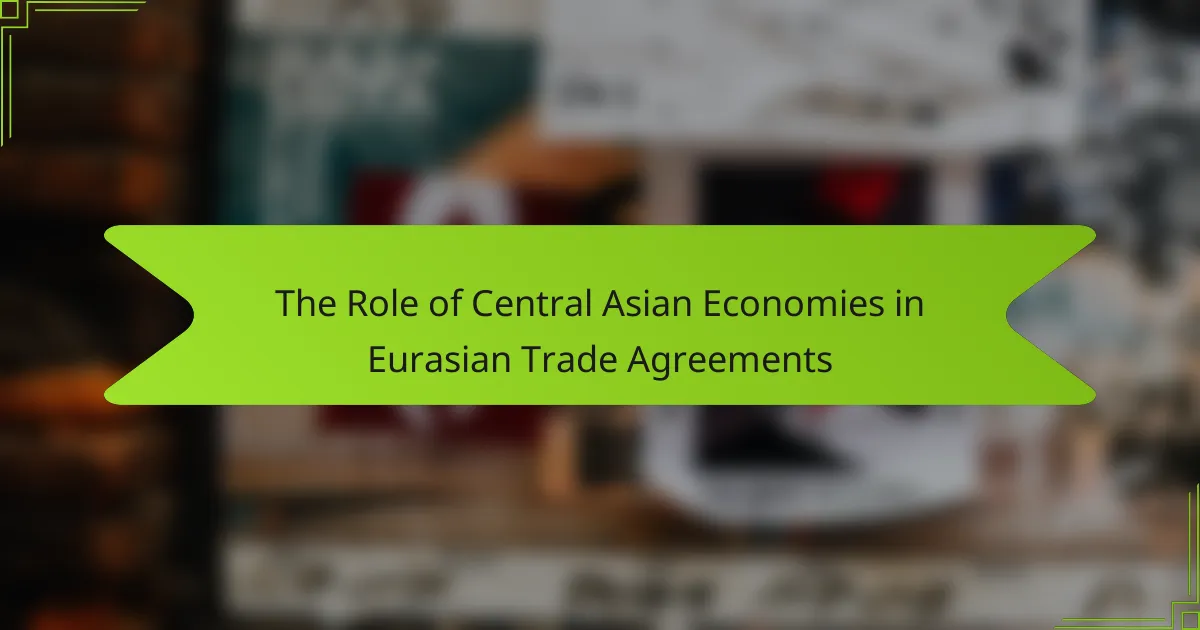
The Role of Central Asian Economies in Eurasian Trade Agreements
Central Asian economies, including Kazakhstan and Uzbekistan, are integral to Eurasian trade agreements, acting as vital transit hubs between Europe and Asia. These countries leverage their abundant natural resources to enhance their negotiating power within frameworks such as the Eurasian Economic Union (EAEU) and the Shanghai Cooperation Organization (SCO). Participation in these agreements fosters regional […]
